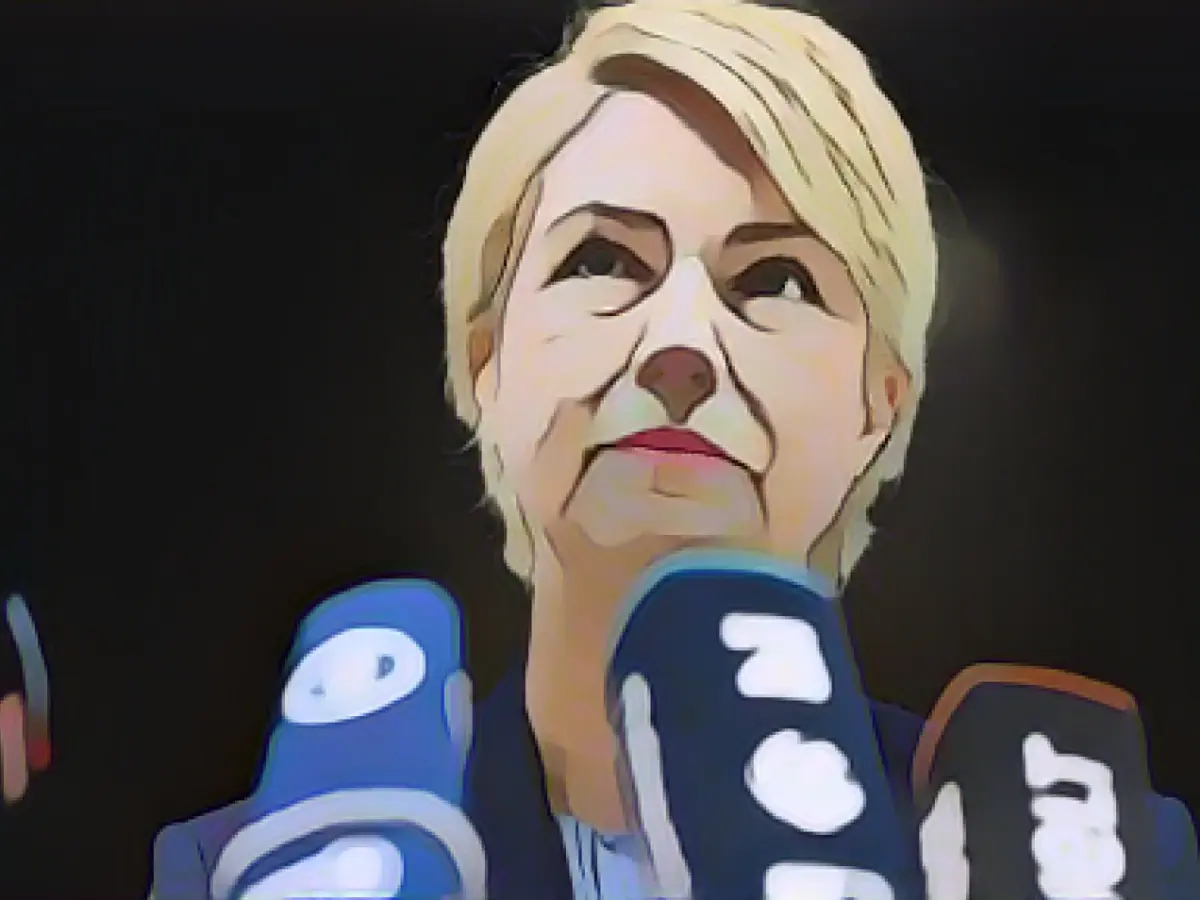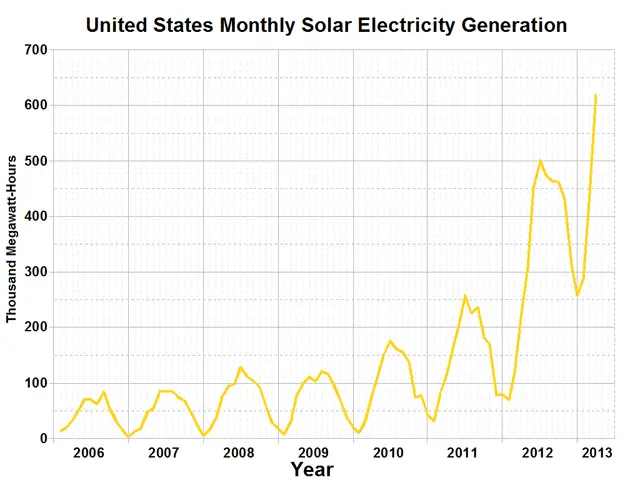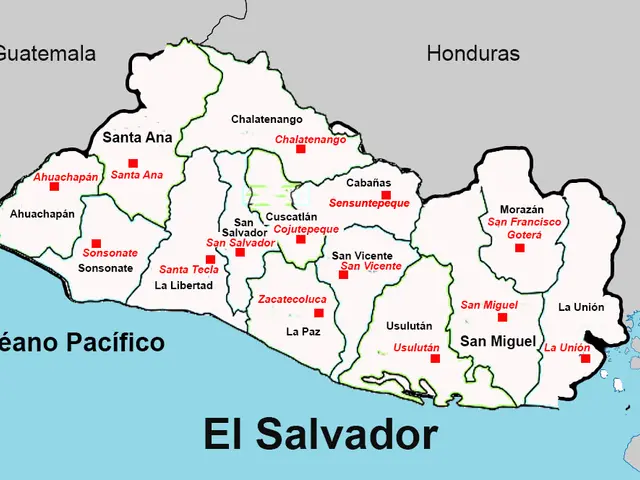Federal Government's Energy Cost Warnings: Schwesig Raises Concerns
In a straight-talking interview with "Spiegel," the Minister President of Mecklenburg-Western Pomerania, Manuela Schwesig (SPD), highlighted her concerns about the German government's savings plans, specifically the surging energy costs. She said, "Savings undoubtedly are crucial, but I strongly critize the burden of energy costs."
The Northern Burden
Mecklenburg-Western Pomerania views the situation as particularly complex due to the absence of further reductions in grid fees, which translate to higher electricity prices. Schwesig has previously called for a reevaluation of grid fees, as they are relatively high in the northern regions, a result of the expansion of wind power and its corresponding infrastructure expenses.
Commuters and CO2 Tax
Schwesig also voiced her concerns regarding the planned hike in the CO2 tax, which she believes will disproportionately affect commuters in the federal states. To counteract this, she pleaded for an increase in the commuter allowance.
The Agricultural Sector and Budget Cuts
In an interview with Stern magazine, Schwesig criticized the federal government's plans to abolish farm industry tax breaks. She argued that these cuts are excessive and abrupt, negatively impacting the agricultural sector and, ultimately, food prices. She advocated for a sensible resolution to tackle this issue.
Enrichment Insights
- The Federal Government's savings plans encompass several aspects, including energy costs and subsidies. While Mecklenburg-Western Pomerania's Minister President Manuela Schwesig does not directly engage in the broader discussions regarding subsidy reforms, the issue of energy costs and grid prices warrants attention.
- Energy cost conundrums arise due to measures to make renewable energy integration easier and costs more sustainable. The grid stability reform in Germany aims to keep prices stable, encourage green energy uptake, and shield the country's power grid from severe disruptions. However, these changes might affect some industries' operational expenses.
- Public opinion underscores the concerns about escalating energy costs, with Stern magazine reporting survey data indicating an increase in cost-cutting measures. Household energy bills have risen due to factors including the carbon emission tax and the absence of a social compensatory fund for lower-income households.
- Germany is one of the leading countries committed to keeping the global temperature increase below 1.5°C. However, the country has been slow in implementing its ambitious climate goals, making it challenging to achieve this target.








